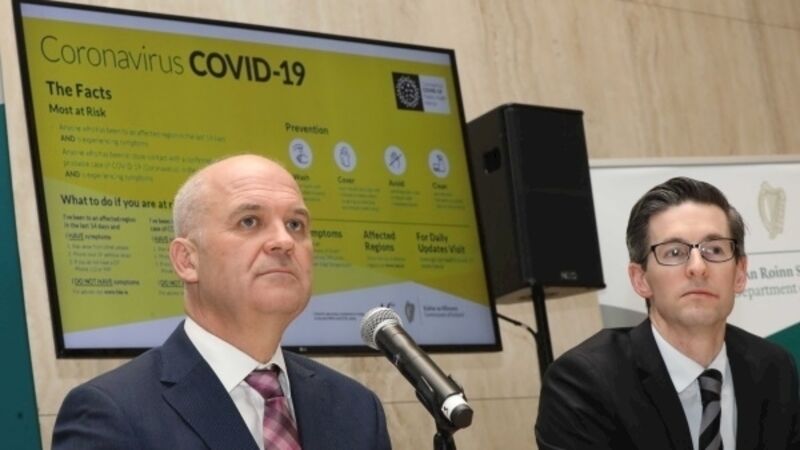Covid-19 case definition significantly refined as total number of cases reaches 90

Ireland now has 90 confirmed cases of the novel coronavirus, Covid-19, after a further 20 new cases were confirmed by the National Public Health Emergency Team (NPHET) this evening.
Meanwhile, the case definition for those who are seeking a test for the virus has been refined significantly.













